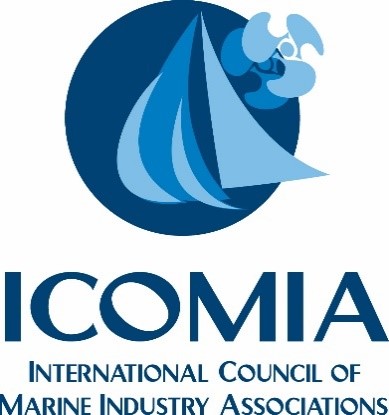GloFouling Partnership Project
GloFouling Partnerships is part of the wider efforts by the International Maritime Organization (IMO), in collaboration with the United Nations Development Programme (UNDP) and the Global Environment Facility (GEF), to increase biodiversity by protecting the marine ecosystems from the negative effects of invasive species.
The following GloFouling Partnership Projects are relevant to the recreational marine industry:
- Biofouling Management for Recreational Boating Report
- Compilation and Comparative Analysis of Existing and Emerging Regulations,Standards and Practices Related to Ships’ Biofouling Management
- Analysing the Impact of Marine Biofouling on the Energy Efficiency of Ships and the GHG Abatement Potential of Biofouling Management Measures
- Local & Coastal Cruising Poster
- Long Distance Cruising Poster
- Shore-based Cleaning Poster
- Trailered Boats Poster
The Joint Group of Experts on the Scientific Aspects of Marine Environmental Protection
The group provides authoritative, independent, interdisciplinary scientific advice to organisations and governments to support the protection and sustainable use of the marine environment. More information can be found here. One of its reports that may be of particular interest is, “The changing acidity of the global atmosphere and ocean and its impact on air/sea chemical exchange.”
Circular Economy
Read more here about how the circular economy can play a fundamental role in halting and reversing biodiversity loss.
Living Seawalls
Biodiversity can be facilitated in human-constructed infrastructure, for instance, by the use of living sea walls in marinas. Living Seawalls have been finalists in the Earthshot prize. For more information click here.
National Geographic Pristine Seas
Since 2008, Pristine Seas has carried out expeditions in 36 places, 26 of which have since been protected, covering a total area of more than 6.5 million square kilometers. For more information visit their website here.
